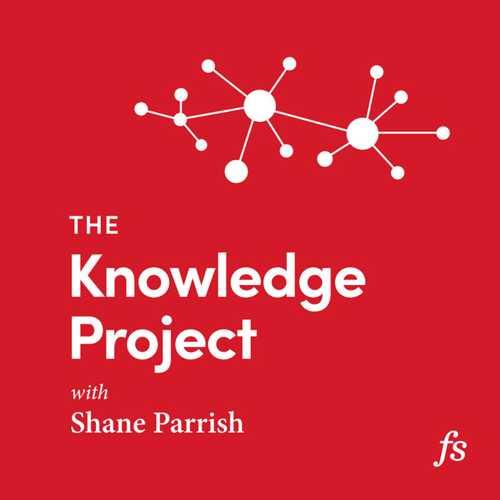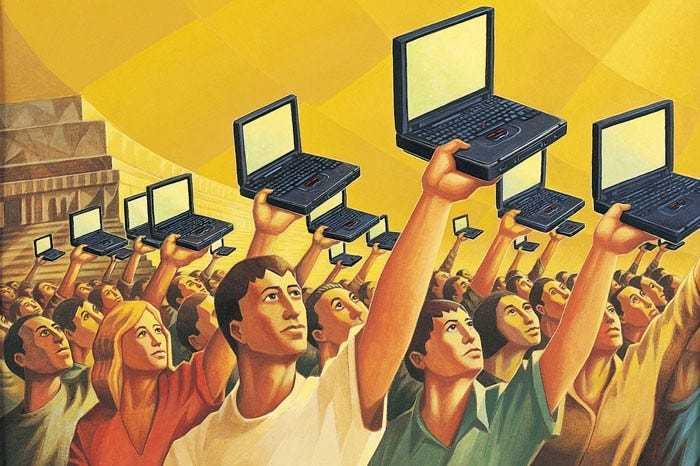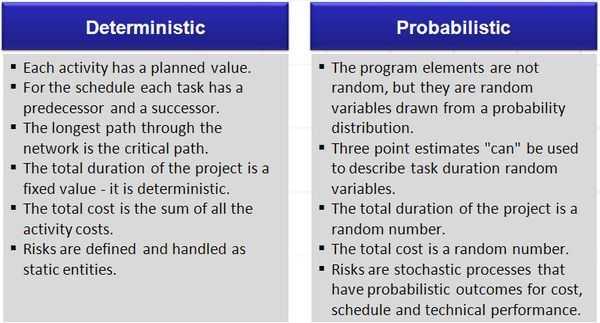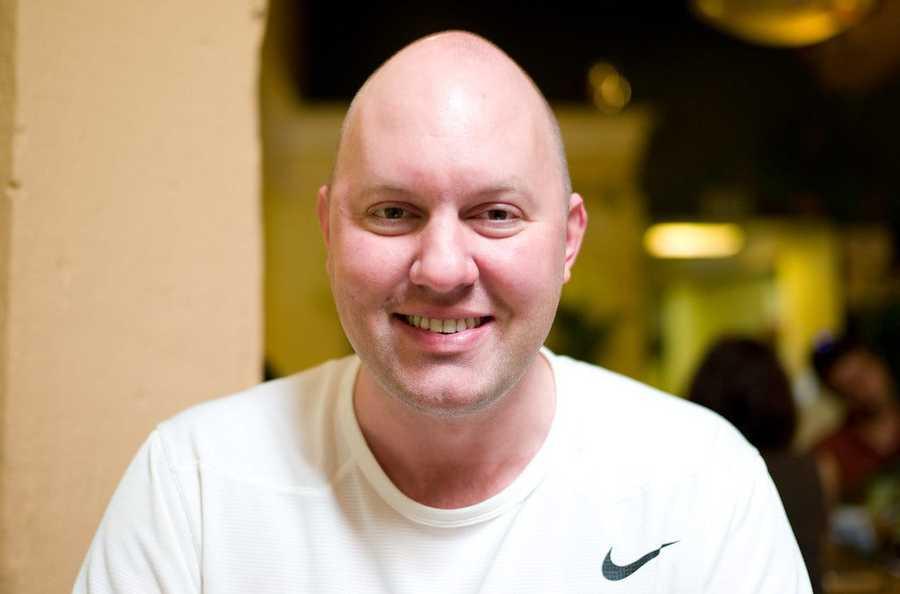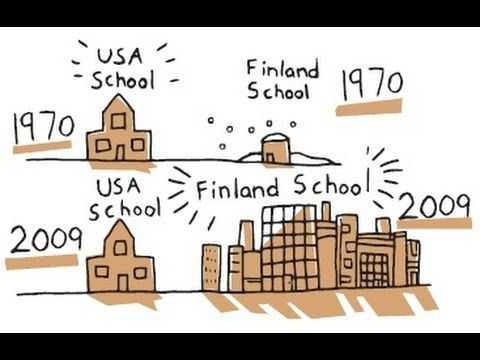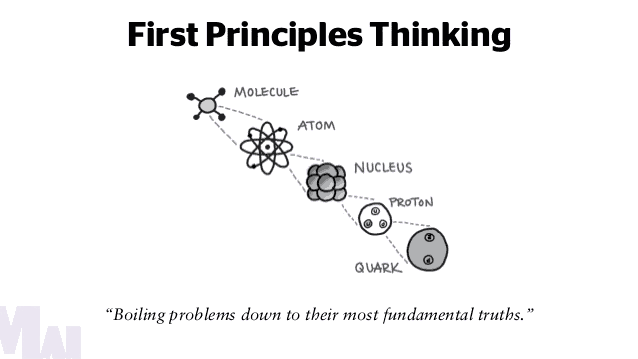Marc Andreessen: Interview with an Icon
Curated from: The Knowledge Project
Ideas, facts & insights covering these topics:
12 ideas
·10.2K reads
49
2
Explore the World's Best Ideas
Join today and uncover 100+ curated journeys from 50+ topics. Unlock access to our mobile app with extensive features.
Social Reaction to new technology
Marc asks the following questions to better understand claims about the negative effects of technology:
- Is this the first generation of technology for which they have made those claims?
- Were the claims different or were they the same? If they are, how are they playing out differently this time?
The key facet is social change (reordering of the power and status structure), it’s not about technological change. Power and status are the core battles.
All the people who have achieved positions of power and authority due to prior generations of technology are now threatened by new technology.
99
1.12K reads
How Does Technology Impact Social Hierarchies?
It’s basically a battle between top-down hierarchy and lateral network building,
The way that power has been exercised in our society through these decades of mass systems has been about people in conference rooms arguing with each other over control of these mass mechanisms. They argue over ad campaigns, new car models, presidential nominees, etc.
With the arrival of the internet, anybody could build anything they want, put out any information and organize any movement; it was fundamentally disruptive. It’s lateral peer-to-peer, and there is no central node
100
762 reads
The arrival of new kids of different backgrounds with wild ideas and advanced skillsets
The new kids on the block are educated on the internet, their depth of technological, financial, and cultural knowledge is very broad. They are idealists and have an intuitive sense of how new technologies could be harnessed to improve the world, and they actually have the power to do it.
There is a continuous movement of new people, ideas, and new ways of doing things, and they have systems that will support them. In every sector, we are going to see better ways of doing things (organizing economy, productive activity, job opportunities, education)
101
652 reads
Pessimistic Prediction for the Next Ten Years
Based on 1984, a novel by George Orwell technology is used to control the masses. Technology with the potential to disrupt hierarchical control instead ends up enabling top-down control.
Analyzing Martin Gurri’s scenario of nihilism Marc says Peer-to-peer networks are good at destroying but they are not necessarily good at building.
The internet is very good at tearing down hierarchies but it has not yet proven its ability to build governance systems.
Can you have a functioning democracy if what you have are people arguing with each other and never forming instruments of state power?
99
609 reads
How to Extract the Right Lesson From an Experience?
Learning from experience is natural, but you have to understand the domain in which you are operating
In a deterministic domain (e.g. standardized testing) not getting a 100% and asking what you did wrong makes sense; you didn’t study enough, read the material, etc.
But this doesn’t work for probabilistic domains; because your goal should not be going for 100%.
In the probabilistic domain, some percentage is always going to fail by definition
By trying to explain something that is fundamentally based on randomness, you are only deluding yourself and making your life miserable
105
526 reads
I no longer think there are any qualified people starting tech companies that have bad ideas, it’s just a question of timing and execution.
MARC ANDREESSEN
98
712 reads
How Probabilistic Thinking Can Help You Make Great Decisions
What every venture capital capitalist of all time has in common is that each of them missed almost all of the great deals of their generation.
The bad news is that you are going to make that kind of mistake. But the good news is that you don’t have to score 100%; you can take chances.
Success or failure is not at the unit of an individual investment. It’s at the level of a portfolio, and these portfolio effects are everywhere; level of a fund, at the level of a strategy, etc
98
498 reads
Strategy before decision
If the strategy involves 10 bets, you don’t get evaluated based on any particular bet, or even an average, yet the total performance of the basket investment
If one of those bets accounts for 99% of the profit of the basket then that is a perfectly fine outcome. You can make risky bets in a way where you know you are not going to lose everything if you don’t score 100%
This is the nature of all probabilistic domains.All creative artists live in this probabilistic world where they can do that.
100
476 reads
The Problem With the Education System
In Marc’s view, the education system is completely unfixable
It’s an old system that has been on autopilot for 100 years and doesn’t fit anywhere anymore. It suffered the same fate as every institution that goes across multiple generations.
He doesn’t believe in school reforms, he thinks it’s a waste of time and money trying to reform a system that has no intention of being reformed. Reform is impossible, there is only one solution: build the new system
99
521 reads
Mental Models of Highly Successful People (Elon Musk, Steve Jobs, Andy Grove, and Others)
You can “borrow” mental models of people you admire; Ask yourself, what would they say in the face of any particular challenge you are trying to solve.
Read about their thought process if they have talked about or written about it.
Ellon Musk uses first principles thinking; we all assume too many things
Strip the things down to basics and start the logical thought process from beginning
Go deeper into the idea and build your way back up
Peter Thiel’s core model
Based on René Girard’s teachings about mimetic behaviors (people copying behavior between each other)
115
537 reads
106
2.58K reads
Books which Marc keeps coming back to
The WEIRDest People in the World by Joseph Henrich
The Machiavellians: Defenders of Freedom by James Burnham
The best book on politics of the 20th century
The Revolt of The Public and the Crisis of Authority in the New Millennium by Martin Gurri
The Ancient City by Numa Denis Fustel De Coulanges
Not very popular, but it had a big impact on Marc’s thinking
126
1.22K reads
IDEAS CURATED BY
CURATOR'S NOTE
Marc Andreessen “reads backward” to reveal the patterns of societal reaction to new technology, optimistic and pessimistic scenarios for the future of the Internet, and why he thinks the education system is unfixable
“
Khalid Faez's ideas are part of this journey:
Learn more about technologyandthefuture with this collection
How to build trust in a virtual environment
How to manage remote teams effectively
How to assess candidates remotely
Related collections
Similar ideas
6 ideas
#550: Andrew Chen — Metaverse, Metrics, and Meerkats
The Tim Ferriss Show
7 ideas
#131 Matthew Walker: The Power of Sleep
The Knowledge Project
10 ideas
#133 Andrew Huberman: The Science of Small Changes
The Knowledge Project
Read & Learn
20x Faster
without
deepstash
with
deepstash
with
deepstash
Personalized microlearning
—
100+ Learning Journeys
—
Access to 200,000+ ideas
—
Access to the mobile app
—
Unlimited idea saving
—
—
Unlimited history
—
—
Unlimited listening to ideas
—
—
Downloading & offline access
—
—
Supercharge your mind with one idea per day
Enter your email and spend 1 minute every day to learn something new.
I agree to receive email updates
